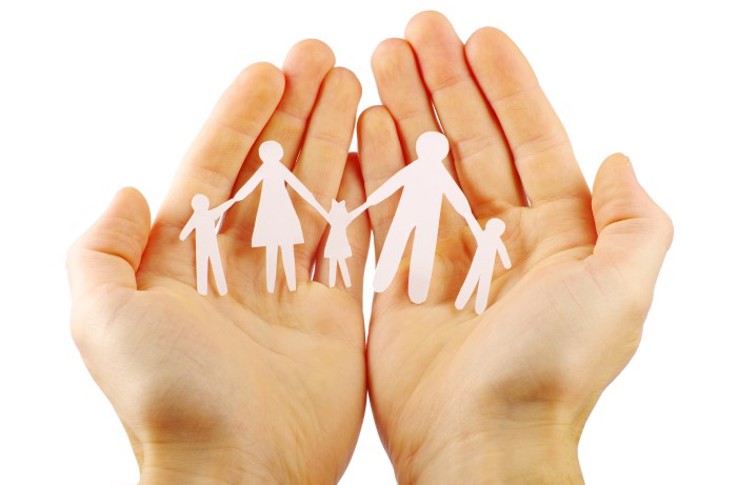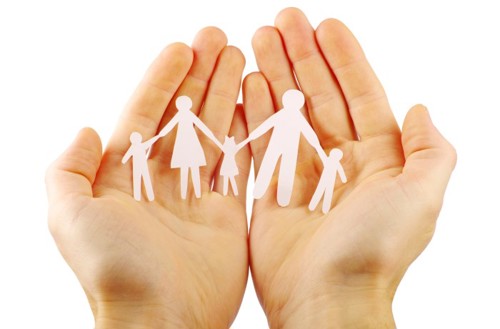The Dynamics of Family Conflict Study
Article
|Updated
The Dynamics of Family Conflict Study (FAM-C) is a large study of about 2800 families in Norway. The aim of the study is to gain more knowledge about parental conflicts, family dynamics and child adjustment across family settings.
To get a better understanding of the association between family dynamics and children's well-being, it is important to ask how different family members experience family interactions and relations. In the Dynamics of Family Conflict Study, we ask mothers, fathers, and their joint children (aged 0-17 years) across different family settings about how they experience their family and everyday life.
The main goal of The Dynamics of Family Conflict Study is to generate knowledge that can provide authorities, relevant services, parents, and families with knowledge-based advice:
- on how to help families when parents experience conflicts and relationship breakdown
- on how parents can meet their children's needs when the family goes through difficult periods and crisis
- on how children can be heard in matters that concern them
- advice on custody arrangements for children when parents separate
About the study
The Dynamics of Family Conflict Study started in December 2017, and participant recruitment was completed in the summer of 2019. In total, around 2800 families participate in the study. A key goal was to generate new knowledge about children’s and parents’ well-being in families going through difficult times or in families where parents are separating or where they live apart. Therefore, we recruited families that were in contact with a family counselling office for help with either family related problems, for mandatory parental mediation during relationship dissolution, or for guidance on how to collaborate better as parents after relationship dissolution.
There have been six rounds of surveys so far. At the first two data collections, the mother, father and children over the age of 12 filled in an online questionnaire. Children between the ages of 7 and 11 were interviewed by trained interviewers, and for children aged 0-6 we asked a kindergarten employee or a teacher to answer a questionnaire about the child.
The persistent situation with a pandemic throughout 2020 and 2021 created a great need for knowledge about how the changes in everyday life affected parents, children and families in the short and long term. We therefore sent out four new electronic questionnaires to parents, children and young people during and after the pandemic. In these forms, we asked much of the same as in the first questionnaires, in addition to corona-related questions.
By collecting experiences from many different families both before, during and after the lockdown, we can give the authorities advice on how they can best follow up families with different needs. This will also be the focus of a new sub-project under FamilieForSK, Cov-Clusion, which started in 2022. Here we investigate in more detail what makes some people do well, while others fall behind in various areas such as school and work.
Register data
To generate new knowledge about how the families are doing over time, we will also link the information from the surveys with central registers such as the Norwegian Patient Register, the Prescription Register and registers from Statistics Norway. We can also use this register information to obtain more background information about the participating families, for example about income and job situation. This is important as it allows us to explore at a more detailed level, how different conditions surrounding families affect everyday life and well-being.
Who funds The Dynamics of Family Conflict Study?
The Dynamics of Family Conflict Study is funded by The Norwegian Directorate for Children, Youth and Family Affairs (Bufdir) and The Research Council of Norway.

